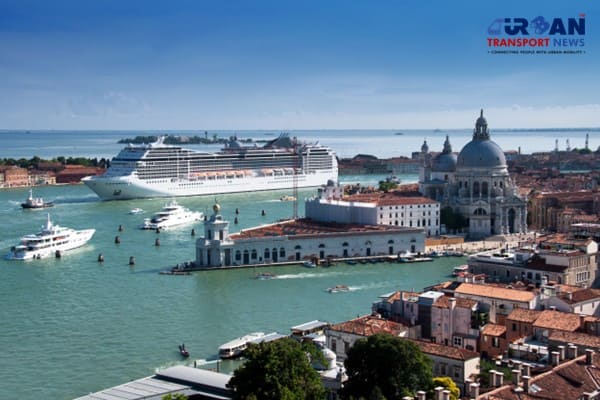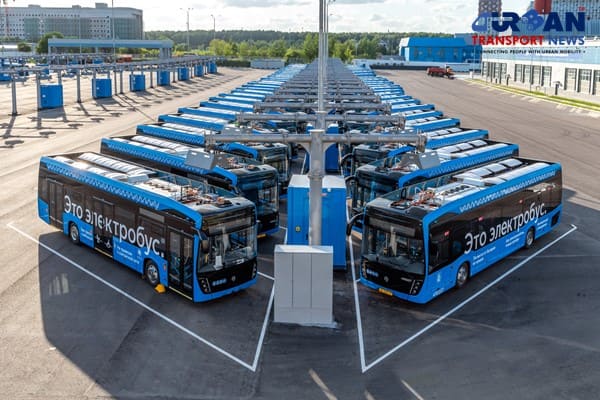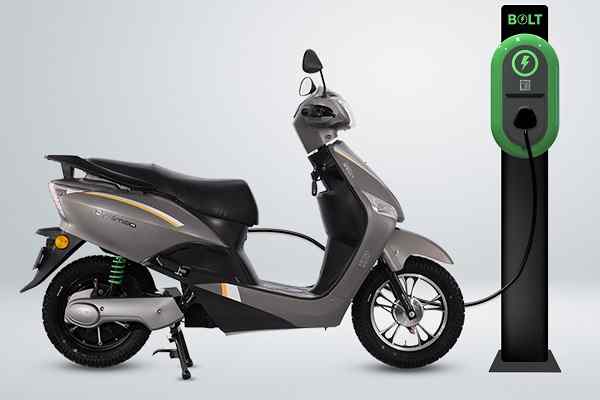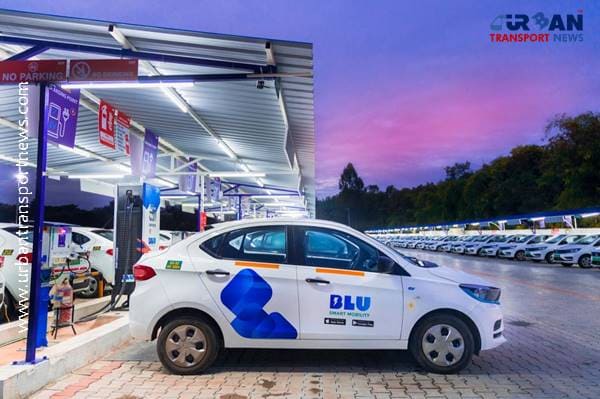 India launched Bharat Taxi Service as First Cooperative-Owned Digital Mobility Platform
India launched Bharat Taxi Service as First Cooperative-Owned Digital Mobility Platform India places World’s First Live Commercial Order for Hyperloop-Based Cargo Logistics
India places World’s First Live Commercial Order for Hyperloop-Based Cargo Logistics How Weigh-in-Motion Systems Are Revolutionizing Freight Safety
How Weigh-in-Motion Systems Are Revolutionizing Freight Safety Women Powering India’s Electric Mobility Revolution
Women Powering India’s Electric Mobility Revolution Rail Chamber Launched to Strengthen India’s Global Railway Leadership
Rail Chamber Launched to Strengthen India’s Global Railway Leadership Wage and Hour Enforcement Under the Massachusetts Wage Act and Connecticut Labor Standards
Wage and Hour Enforcement Under the Massachusetts Wage Act and Connecticut Labor Standards MRT‑7: Manila’s Northern Metro Lifeline on the Horizon
MRT‑7: Manila’s Northern Metro Lifeline on the Horizon Delhi unveils ambitious Urban Mobility Vision: Luxury Metro Coaches, New Tunnels and Pod Taxi
Delhi unveils ambitious Urban Mobility Vision: Luxury Metro Coaches, New Tunnels and Pod Taxi Qatar approves Saudi Rail Link Agreement, Accelerating Gulf Railway Vision 2030
Qatar approves Saudi Rail Link Agreement, Accelerating Gulf Railway Vision 2030 UP Govt plans to introduce Water Metro services in Ayodhya, Varanasi & Prayagraj
UP Govt plans to introduce Water Metro services in Ayodhya, Varanasi & Prayagraj
PM-eBus Sewa: Boosting E-Mobility & Urban Transit with 10,000 E-Buses Scheme

New Delhi, India (Urban Transport News): The cabinet chaired by Prime Minister, Narendra Modi has given the approval to a transformative initiative, the "PM-eBus Sewa" scheme. This visionary scheme aims to enhance city bus operations by introducing 10,000 electric buses on a Public-Private Partnership (PPP) model. With an estimated budget of Rs 57,613 crore, the scheme is set to catalyze urban transit and green mobility. The Central government will contribute Rs. 20,000 crore, while the scheme will provide crucial support for bus operations over a 10-year period.
Driving Accessibility
The scheme will encompass cities with populations exceeding three lakh, as per the 2011 census, including Union Territory capitals, the North Eastern Region, and Hill States. A noteworthy emphasis will be on cities lacking organized bus services, ensuring that urban mobility reaches every corner.
Job Creation & Progress
The deployment of around 10,000 electric buses is projected to generate a substantial 45,000 to 55,000 direct employment opportunities. As these buses ply the roads, cities will not only witness improved connectivity but also a surge in job opportunities.
Two Dynamic Segments
Segment A – Augmenting City Bus Services: (169 cities)
The scheme's core lies in the augmentation of city bus operations through the introduction of 10,000 e-buses on the PPP model. The enhancement extends to the development and upgradation of depot infrastructure, along with the establishment of behind-the-meter power infrastructure to power these electric buses.
Segment B – Green Urban Mobility Initiatives (GUMI): (181 cities)
This segment heralds green initiatives, encompassing bus priority systems, multimodal interchange facilities, Automated Fare Collection Systems based on the National Common Mobility Card (NCMC), and charging infrastructure. The GUMI segment champions holistic sustainable urban mobility.
Operational Support
While the onus of running bus services and remunerating bus operators lies with States/Cities, the Central Government is committed to supporting these operations through stipulated subsidies. The scheme is poised to foster a well-coordinated public-private partnership.
A Catalyst for E-Mobility
The PM-eBus Sewa scheme stands as a harbinger of e-mobility. It aims to provide substantial support for behind-the-meter power infrastructure, simultaneously offering assistance for charging infrastructure under Green Urban Mobility Initiatives. This dynamic approach not only fuels the proliferation of eco-friendly electric buses but also nurtures innovation in the e-mobility sector, building a robust supply chain.
Embracing electric mobility is set to lead to a reduction in noise, air pollution, and carbon emissions. As public transportation becomes bus-centric, modal shifts will contribute to a substantial reduction in greenhouse gas emissions, fostering a greener future.
With the PM-eBus Sewa scheme, the nation gears up for a paradigm shift towards electric mobility, propelling urban transit and sustainability into a promising new era.
Industry Reaction
The e-Mobility industry has also welcomed this new initiative announced by the Govt. of India.






